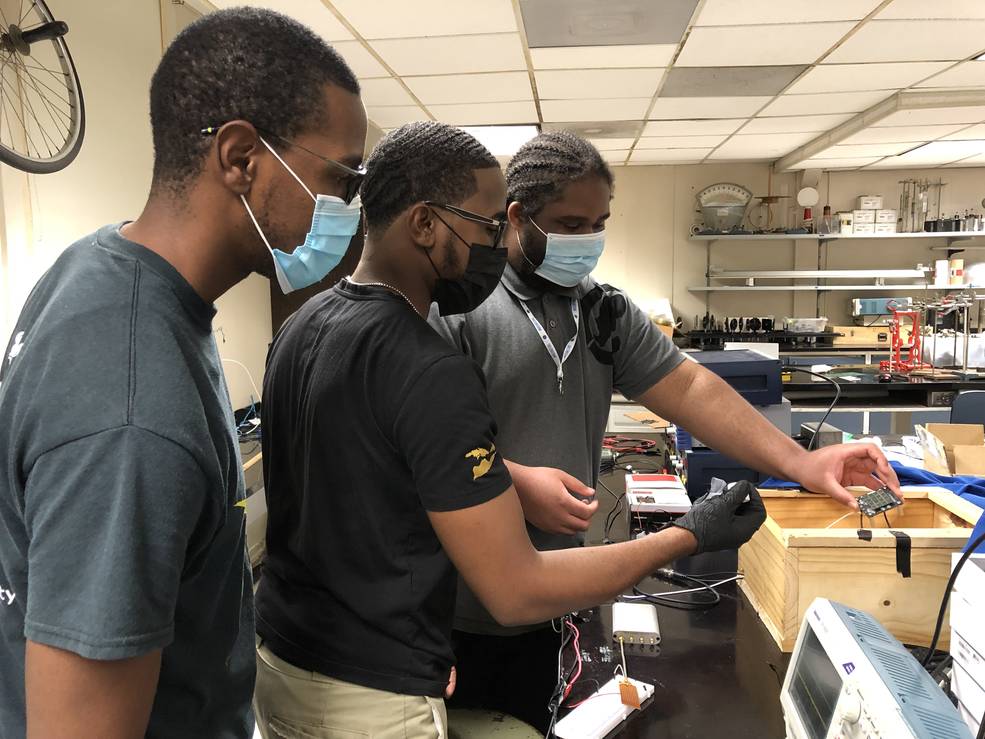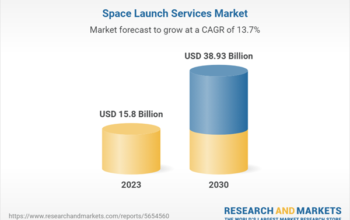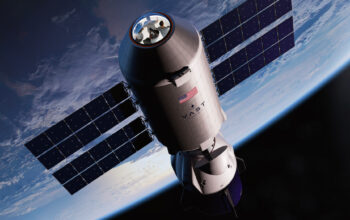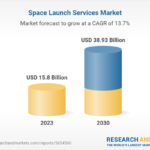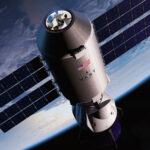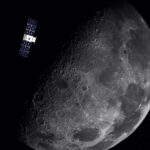NASA has announced the recipients of its annual Established Program to Stimulate Competitive Research (EPSCoR) grants, providing a total of more than $10.8 million across 15 institutions over three years to support scientific and technical research. This research aligns with agency' priorities, including understanding our changing environment and advancing long-term exploration on the Moon through Artemis.
Clicking on the “Read Full Article” link below will auto-scroll you to the full article (same page).
NASA Awards Grants to Support Research, Technology Development
NASA has announced the recipients of its annual Established Program to Stimulate Competitive Research (EPSCoR) grants, providing a total of more than $10.8 million across 15 institutions over three years to support scientific and technical research.
This research aligns with agency' priorities, including understanding our changing environment and advancing long-term exploration on the Moon through Artemis.
The program, based at the agency's Kennedy Space Center in Florida, focuses on 25 states and three territories (Guam, U.S. Virgin Islands, and Puerto Rico).
NASA selected the projects based on their merit and alignment with NASA missions. Each grantee will focus on a range of high-priority research needs, including deep space exploration, sustainable manufacturing in space, and advancements in technology and science that will also benefit humanity here on Earth
The grantees and their three-year award amounts are:
- Brown University – $749,662.96
- Iowa State University, Ames – $661,362
- Nevada System of Higher Education – $747,791
- New Mexico State University – $749,999.22
- Oklahoma State University – $750,000
- South Dakota School of Mines and Technology – $750,000
- University of Alaska, Fairbanks – $750,000
- University of Delaware – $750,000
- University of Idaho, Moscow – $749,995
- University of Kentucky, Lexington – $750,000
- University of North Dakota, Grand Forks – $470,368
- University of Vermont, Burlington – $750,000
- University of Wyoming – $749,696
- West Virginia University – $748,564
- Wichita State University – $750,000
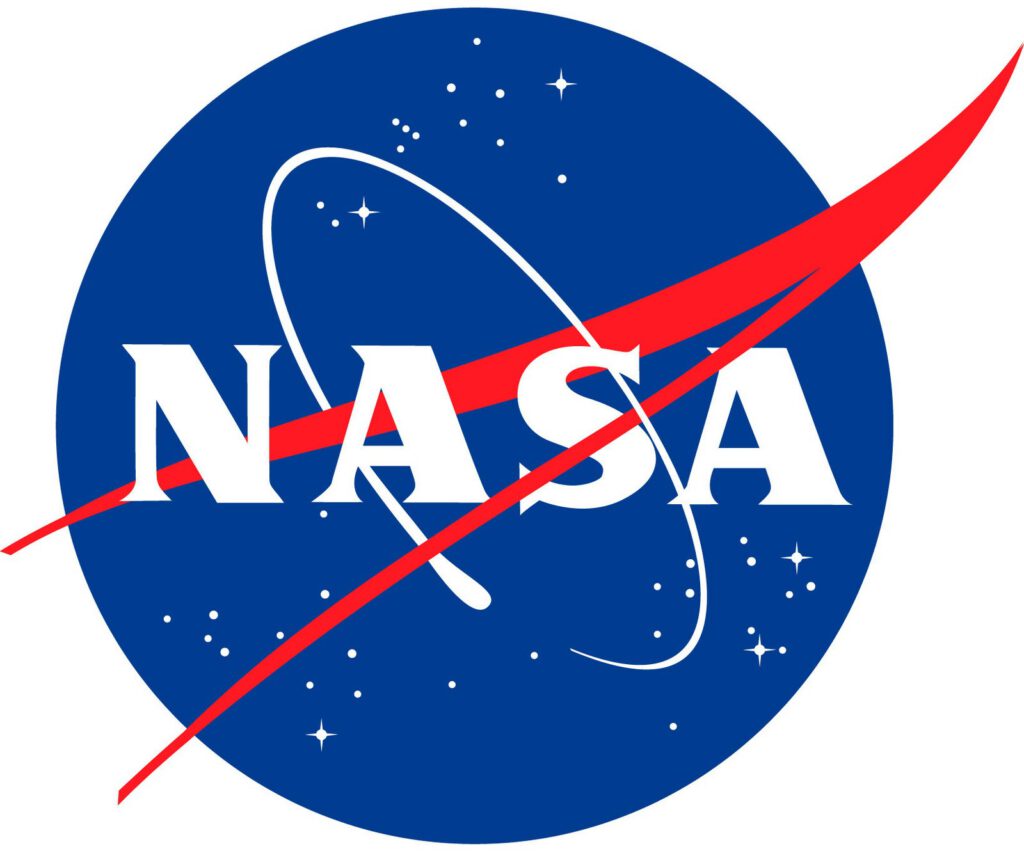
The grantees include Oklahoma State University, which will receive funding to pursue development of a simple way to build solar panels directly on the surface of the Moon.
This is a capability that could further NASA's goal of supporting a lunar base camp and longer expeditions.
Researchers plan to explore a solar panel technology using vacuum-processed perovskite solar cells that are lightweight, have high-power generation potential, and are tolerant to radiation, making them excellent candidates for space applications.
The University of Wyoming is granted funding for research development that seeks to improve our understanding of how changes in global climate impact regional water availability in the western United States.
Water scarcity is becoming an increasingly pressing issue in many parts of the world, and this project could have important implications for agriculture, tourism, and quality of life.
The South Dakota School of Mines and Technology will look to create a new lithium-sulfur battery technology that is superior to existing lithium-ion batteries.
Improving the power capacity and life of batteries could help NASA power rockets, spacecraft, and habitats on the Moon, and eventually, Mars.
Universities and schools from across the country submitted proposals for the EPSCoR grants, with each jurisdiction eligible to submit one proposal per year.
The three-year period of performance for each project will be accompanied by a requirement to share 50% of the cost.
These grants not only support research and development in areas critical to NASA's mission, but also contribute to the overall research infrastructure, science, and technology capabilities of higher education and economic development in the jurisdictions receiving funding.
The NASA EPSCoR program is a vital component of the agency's strategy to foster collaboration and stimulate growth in research and development across the country.
By providing resources to support cutting-edge research in these areas, NASA is helping to create a stronger and more vibrant scientific community that will drive innovation and push the boundaries of what is possible in space exploration for the benefit of all.
Abi Clayton, Director of Future Programmes for Rolls-Royce said:
“The new tranche of funding from the UK Space Agency means so much for the Rolls-Royce Micro-Reactor Programme. We're proud to work collaboratively with the UK Space Agency and the many UK academic institutions to showcase the best of UK innovation and knowledge in space.
“This funding will bring us further down the road in making the Micro-Reactor a reality, with the technology bringing immense benefits for both space and Earth. The technology will deliver the capability to support commercial and defence use cases alongside providing a solution to decarbonise industry and provide clean, safe and reliable energy.”
For corrections or follow-up: editor@bizzinfohub
You may like these posts too:
- NASA Creates In-Space Servicing, Assembly, Manufacturing Consortium
- Evolution Space Passes Karman Line and Completes Successful First Space Mission
- Splashdown! NASA’s Orion Returns from Historic Mission
- A New Era for Space Travel and Lunar Exploration Has Begun
- View NASA’s Top 100 Images for 2022 – Part 6
- View NASA’s Top 100 Images for 2022 – Part 5


